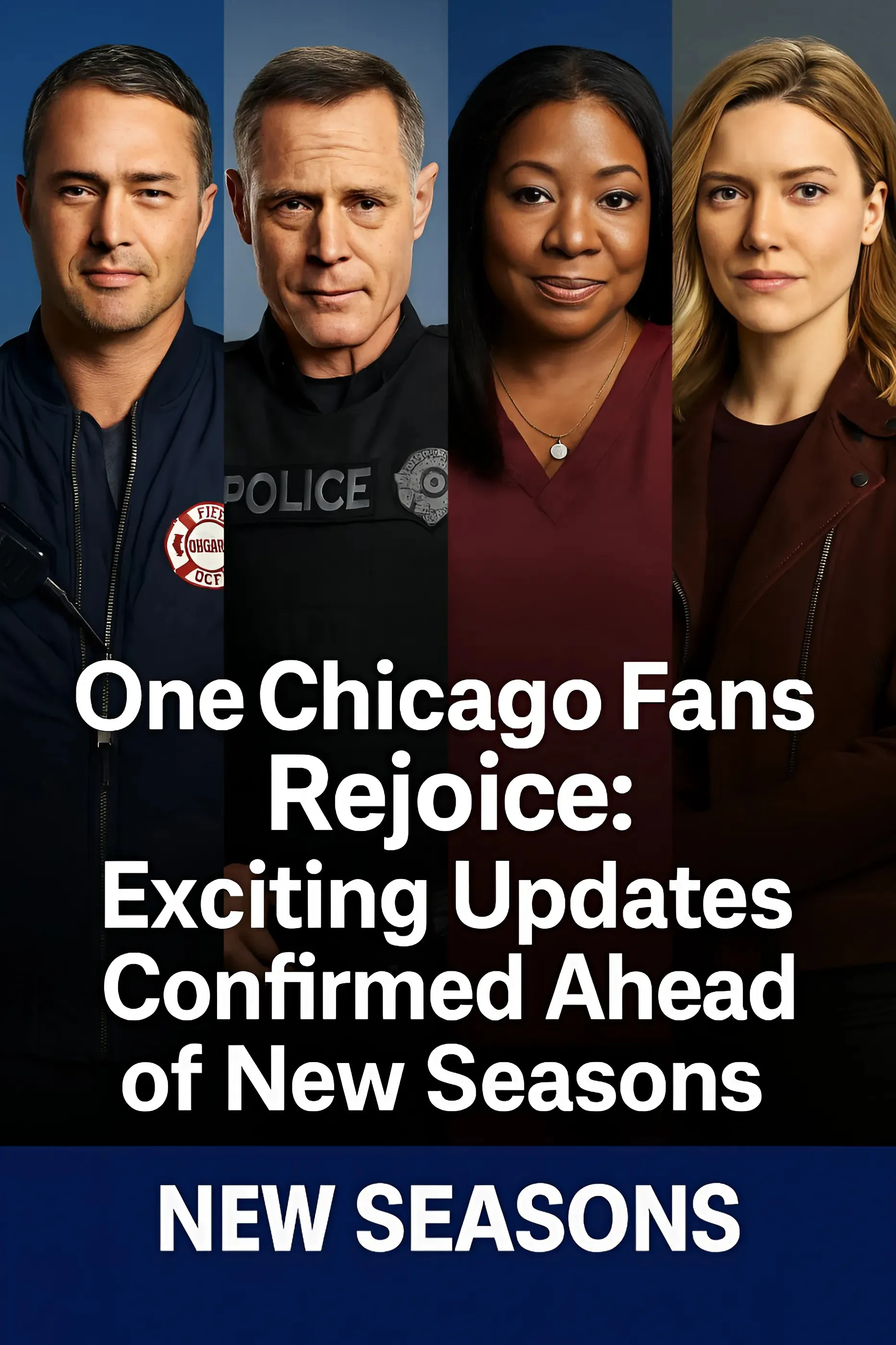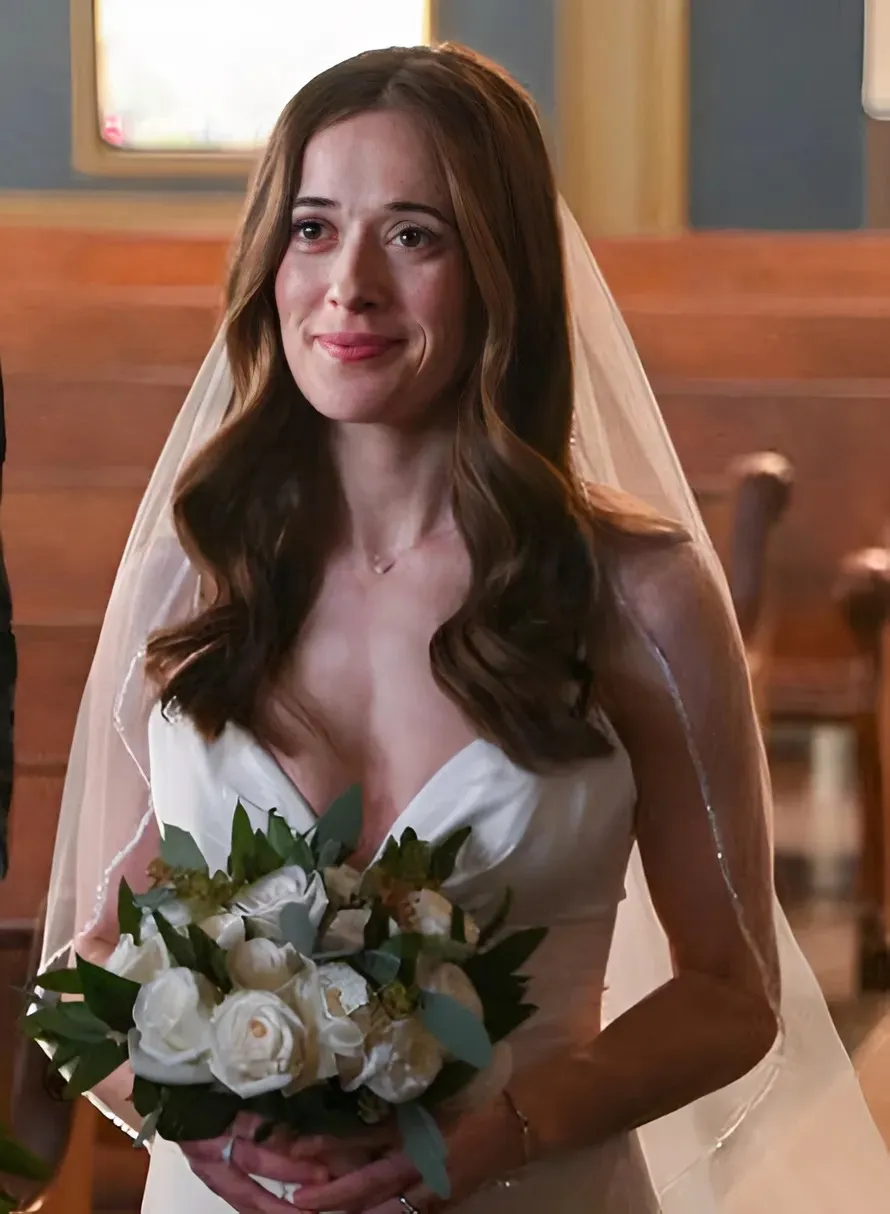'Makes No Sense At All' Fans Point Out How The Walking Dead Suffers From One Of The Most Annoying Zombie Story Pitfalls
The Walking Dead has hooked audiences for years with its brutal, emotional take on a world ruled by the undead. But fans have noticed that the original AMC series falls prey to one of the worst zombie plot tropes, and it happens the minute the first episode begins. The looming question of how the apocalypse unfolded before Andrew Lincoln’s Rick Grimes woke up from his coma has never gotten a satisfying answer.
Instead of showing society’s collapse in real time, The Walking Dead skips straight to the aftermath. While it makes for great drama, this storytelling choice also highlights one of the biggest issues in zombie fiction: the way writers often dodge the question of how, exactly, zombies could overrun modern civilization. Because when you break it down, the idea of an undead uprising wiping out military forces, law enforcement, and heavily armed civilians is a tough sell.
The Walking Dead’s Big Narrative Shortcut: Skipping the Apocalypse

Viewers do get a flashback in Season 1: a chaotic scene where Shane Walsh (Jon Bernthal) sees the U.S. military bombing downtown Atlanta. It’s a great moment, but it raises more questions than it answers. If the military was still operational, it seems unlikely they wouldn’t have been able to get things under control, given that they were willing to bomb cities and all.
Later seasons of TWD don’t bother filling in the blanks. Characters like Eugene Porter (Josh McDermitt) mention that the government tried to handle things, but viewers never actually see the downfall unfold. By the time we meet the Governor (David Morrissey) in Woodbury, or the infamous Negan (Jeffrey Dean Morgan) and his Saviors, the world is already a wasteland. The audience is expected to accept that the collapse was inevitable.
Why Zombie Apocalypses Are So Hard To Pull Off

Zombies, on paper, shouldn’t be a real threat, especially the walkers in TWD. They’re slow, uncoordinated, and easy to distract, outpace, or kill. In some versions — like the rage-infected creatures in 28 Days Later or the sprinting hordes in Train to Busan — they’re faster and deadlier. But classic zombies, like those in The Walking Dead, are basically shambling corpses.
The Military Would Wipe Out Walkers
Even in The Walking Dead, the military is supposedly wiped out within weeks. Yet somehow, scattered groups of untrained survivors manage to stay alive for years. It doesn’t add up. A fan on Reddit summed it up best in a post titled “The Walking Dead makes no sense at all when you stop and think about it,” writing:
"[...] the US military is the most well equipped best fighting force the planet has ever seen. There are 1.4 million active members. I refuse to believe zombies ate them all that is lunacy."
And that’s not even taking weapons of mass destuction, drones, tanks, air support into account. Zombies don’t use guns, and they don’t take cover. In an actual outbreak, military forces would likely mow them down with ease. Even measures taken by the Centers for Disease Control and Prevention (CDC) could have contributed to stopping the spread. If a contagious real-world virus like Ebola or COVID-19 required mass lockdowns, an infection spread through zombie bites would too.
World War Z (the book, not the movie) at least tries to explain the downfall, showing how bureaucracy, panic, and political failures made things worse. But The Walking Dead skips over the hard part, assuming that society crumbled before we even get to see it happen.
Fear the Walking Dead Tried to Correct Course, But It Didn’t Quite Work

This is where Fear the Walking Dead drops the ball. Instead of gradually showing the fall of society over multiple seasons, it rushes through the most interesting part. By Season 2, we’re back to the same survivalist and isolationist themes as The Walking Dead, with small groups of survivors battling for resources. The show had a chance to do something different, but instead, it defaulted to the same old formula.
One of the most egregious examples is the infamous chain-link fence scene. One Reddit user commented:
"Fear The Walking Dead shows an organized military force losing in the most laughable way. Like the zombies are pushing through a chain link fence, and the soldiers are going full auto on them, and their bullets are literally plinking off the chain link fence."
Zombie Stories That Pulled It Off (Or At Least Felt Plausible)
Suspension of Disbelief Is Important for Enjoying The Walking Dead
At the end of the day, The Walking Dead works because it focuses on characters, not logistics. The show doesn’t need a fleshed-out, hyperrealistic explanation of how the world ended — it works just fine on compelling survivors and tense, dramatic stakes. Sure, the idea of sluggish zombies wiping out the entire U.S. military is ridiculous. But if fans can accept Danai Gurira's katana-wielding Michonne and Norman Reedus' crossbow-sniping Daryl Dixon as real humans as much as action heroes, that's really all that matters.



-1750320758-q80.webp)